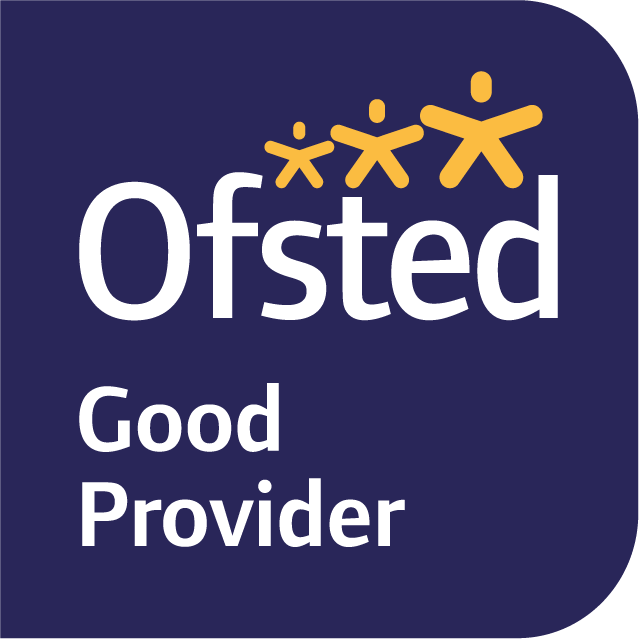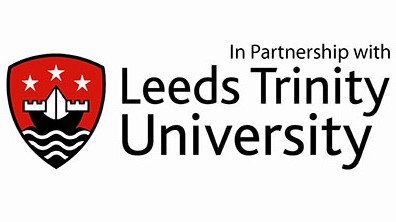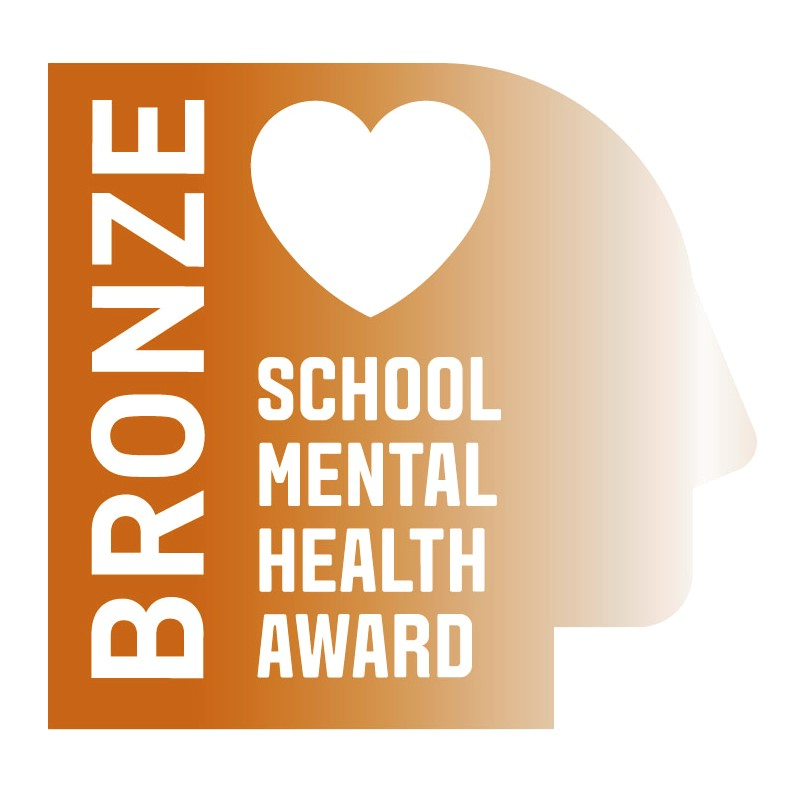



Catch Up Funding
Covid-19 ‘Catch up’
In June, a £1 billion fund for education was announced by the government. Further guidance has now been released (https://www.gov.uk/guidance/coronavirus-covid-19-catch-up-premium) showing that the money is split between a catch-up premium and a national tutoring scheme.
The catch-up premium is funded on a per pupil basis at £80 per pupil. This will be based on the previous year’s census. The spending of this money will be down to schools to allocate as they see best. To support schools to make the best use of this funding, the Education Endowment Foundation has published a support guide for schools with evidence-based approaches to catch up for all students.
Spending:
At Moorlands Primary School, this money will be used in order to:
• Purchase laptops for year 1 upwards classrooms with headphones to allow immediate interventions to be delivered across bubbles where weaknesses are identified.
• Pay the top up fee to access the subsidised national tutoring programme for disadvantaged pupils and others who are identified as needing “catch up” in their learning.
• Fund additional support staff to develop the outcomes of children who have been identified as needing “catch up” in their learning.
• Booster individual children and small groups in targeted areas, as a result of the baseline assessment.
• Allow all children to access online learning platform so leaning can continue and no learning opportunities are missed due to isolation of lockdown.
• Use the Pennine Sports Partnership catch up programme to target the inevitable gaps in learning as a result of the national lockdowns in the last two academic years.
Aims
The broad aims for “catch up” at Moorlands Primary School:
• Attainment outcomes at end of 2020-21 for all year groups will be at least in line with those at the point of lockdown in March. This means that if a child was working at an age-related expectation in a subject in March they are working at least to an age-related expectation in that same subject by the end of the year.
• By the end of the 2021-22-year, attainment outcomes for all year groups will be at least in line with those at the end of the 2019-20 year.
• The mental health needs of pupils that have arisen as a result of the pandemic are met and supported by the school.
Catch Up at Moorlands Primary School is
(For all children)
• Working through well sequenced, purposeful learning schemes. For example, our school-created curriculum progression documents are being adapted to focus on missed objectives and consolidate the basics. In maths, we will utilise the White Rose Maths as our spine of learning.
• Focus on consolidation of basic skills. The core skills which enable successful learning will require increased curriculum time across all year groups. These include handwriting, spelling of high frequency words, basic sentence punctuation, language acquisition, times tables recall, basic addition & subtraction fact recall and reading skills relevant to age.
• Additional lesson time on core teaching. Reading, writing and maths teaching will require increased teaching time to cover missed learning – particularly in the autumn term. In order to keep a broad and balanced curriculum, some subject areas may be taught as blocked days rather than weekly lessons in the autumn term.
• Particular focus on early reading and phonics. This is always a focus in the school and will continue to be so to develop children’s reading ability and vocabulary.
• Assessment of learning and of basic skills to identify major gaps. Teachers will work to identify gaps in learning and adapt teaching accordingly.
• Time spent on mental health, wellbeing and social skills development. This will be at the core of all catch up work as many children will have not been in formal school setting for a number of months.
(For some children)
• Additional support and focus on basic core skills. Supported by additional staffing utilising catch up premium – dependent on need as identified through ongoing assessment.
• Additional time to practice basic skills. This again will be dependent on need of children in order tore-establish good progress in the essentials (phonics and reading, increasing vocabulary, writing and mathematics) and there will be flexibility on timetables to allow this.










